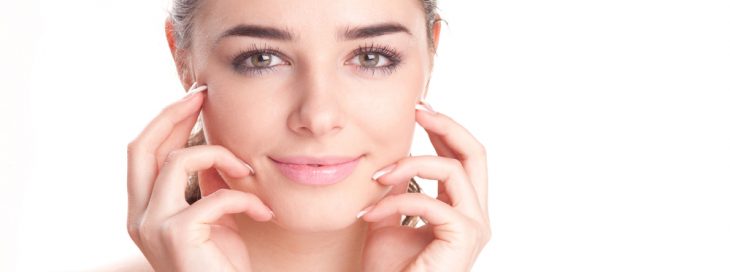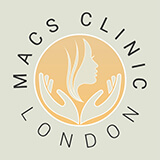
Our surgeons usually performs buccal fat debulking either under local or general anaesthetic as a day case procedure. He uses dissolvable sutures. Generally, patients can resume work within one week.
A face with some fullness looks healthy and youthful. Excessive fullness, however, disrupts the harmony of the features and produces a “chipmunk cheek” effect that makes many people self-conscious.
Buccal fat reduction addresses this problem by removing excess fat from the cheeks to produce a more delicate, chiseled appearance.
Points to ponder on whilst considering this operation
Although effective, this procedure should not be undertaken without some considerations for the future. Most people’s faces begin to thin as they reach mid- thirties, so the fullness that may concern somebody in their young age, may disappear on its own. If you choose to have buccal fat reduction performed before this natural slimming of the face occurs naturally, you may find your face becoming too thin as you begin to age. It is best to take a careful look at your genetics and also factor your ethnic origin. Asians and Far-eastern population tends to have round face with significant buccal fat deposition. Did your parents have overly plump faces when they were young? Did this plumpness persist once they reached their 30s and 40s? If so, you may have inherited their more rounded facial appearance. If not, having buccal fat reduction surgery while you are still young may leave you looking gaunt as you get older. This can be corrected but would require additional surgery.
Preconsultation-
Our consultants provide a detailed consultation which includes history, intraoral examination, assessment of the harmony of your face, taking photos and making a plan of action and detailed explanation of the procedure if you are a suitable candidate.
Surgery
A solution of Lidocaine, epinephrine and saline is used to numb the area and limit bleeding; using a small (2-4 cm long) incision between your cheek and gums near your second molar from the back. Then pressing on the outside of your cheek to make the buccal fat protrude through the incision teasing it out a little at a time with surgical tweezers. Once an adequate amount has been removed the incision will be closed, more often using dissolvable sutures. You will be given intravenous antibiotic during the operation and advised to continue with oral antibiotic for a period of 5 days. You will be advised to use antiseptic gargles for a period of one week following the operation before and after taking food or drink.
After your surgery you will need to sleep with two pillows under your head, to keep your head elevated for at least two weeks and take it easy for at least three.
What to expect whilst recovering from the operation
- You will have some discomfort, but this should be controlled by pain medication that will be prescribed for you. Should you experience excessive pain, redness or any other symptoms that seem abnormal you should contact our team immediately. These symptoms could be signs of infection.
- Bruising and swelling are normal after surgery and will subside in a matter of days or weeks. In most instances however, bruising and swelling is very limited from the beginning.
- Because of the incision inside your mouth you may have to eat a restricted diet for a while. Our surgeon will tell you what foods you should avoid. You will also be instructed to rinse your mouth several times a day with an antibacterial mouthwash.
- As your sutures are dissolvable, it will not be necessary to have them removed. Please resist the temptation to chew on the stitches you feel inside your cheek.
- At your first follow-up meeting, usually a week after surgery, our surgeon will assess the healing of the wounds inside your mouth. Even though you should be feeling better by this time it is important to continue to take it easy, not bend over and not lift heavy objects. Contact sports should be avoided for at least six to eight weeks.
- Your swelling will continue to subside for several weeks and as it does, your new, more defined facial structure will be revealed.
- During this time you may notice a change in your smile or odd sensations like tingling, pulling, burning, hollowness, cold or sudden sharp pain. These feelings, which are related to the healing of the nerve branches in the area of the operation, usually subside within the first few weeks.
Complications
- Numbness is also possible and, while it usually settles within the first few weeks, it may occasionally become a permanent issue.
- Asymmetry
- Under/over correction
- Hematoma
- Seroma
- Damage to nerves- e.g. Infraorbital nerve and facial nerve buccal branch
- Parotid duct dysfunction.
More questions buccal fat removal?
f done under local anaesthetics the operation will take place at our clinic in Watford. However, if the surgery is done under general anaesthetics the surgery will be done at either Clementine Churchill Hospital or Harley Health Village.
Yes they are permanent. This may change and your cheeks may gain volume if you were to gain a significant amount of weight
All follow up consultations with the surgeon are completely free. You are advised to attend a one week, 6 week, 3 months and 6 months post operative consultations with your designated surgeon.
SYMPTOMS
-
Cost of the surgery
From £1600


